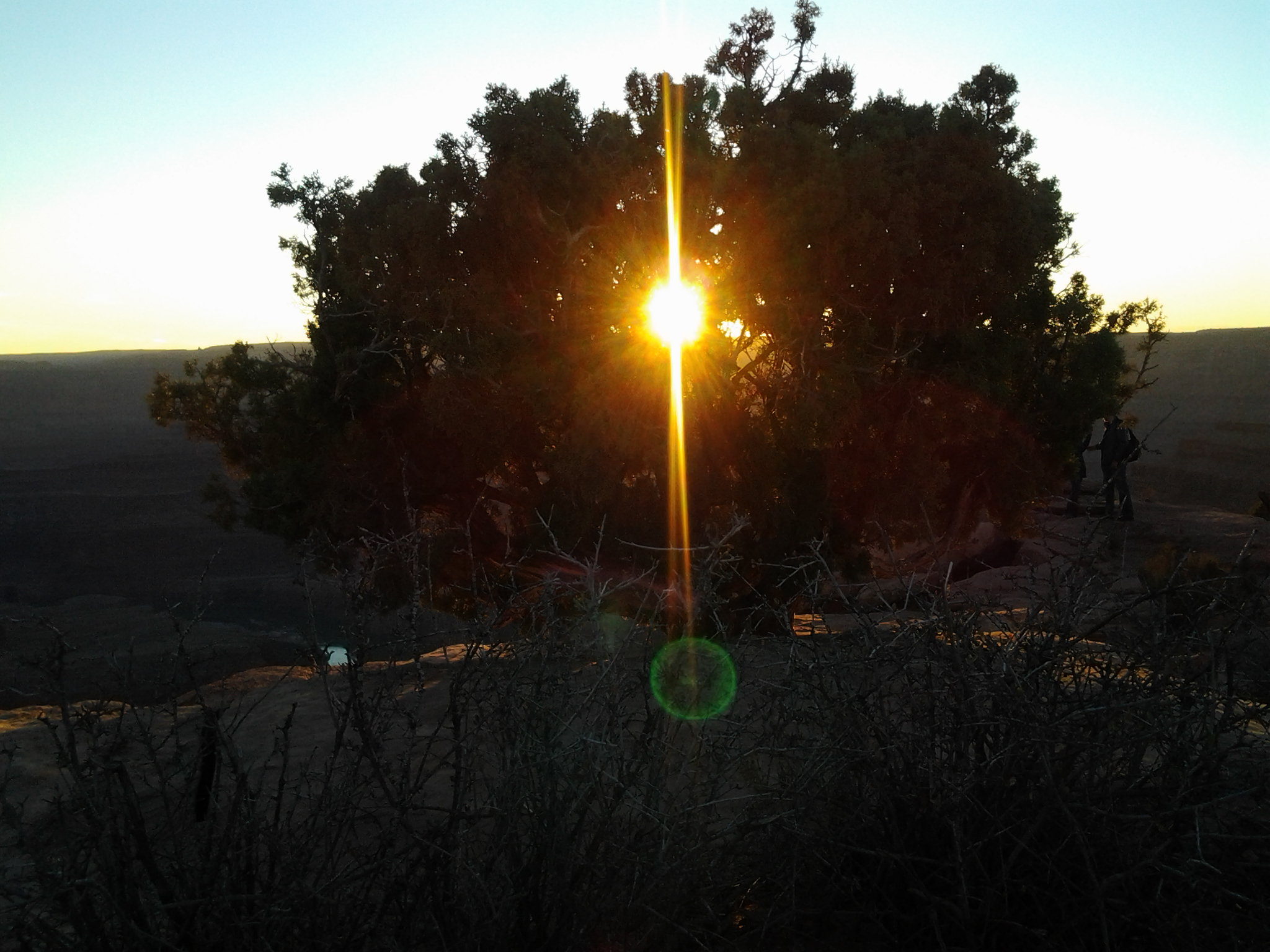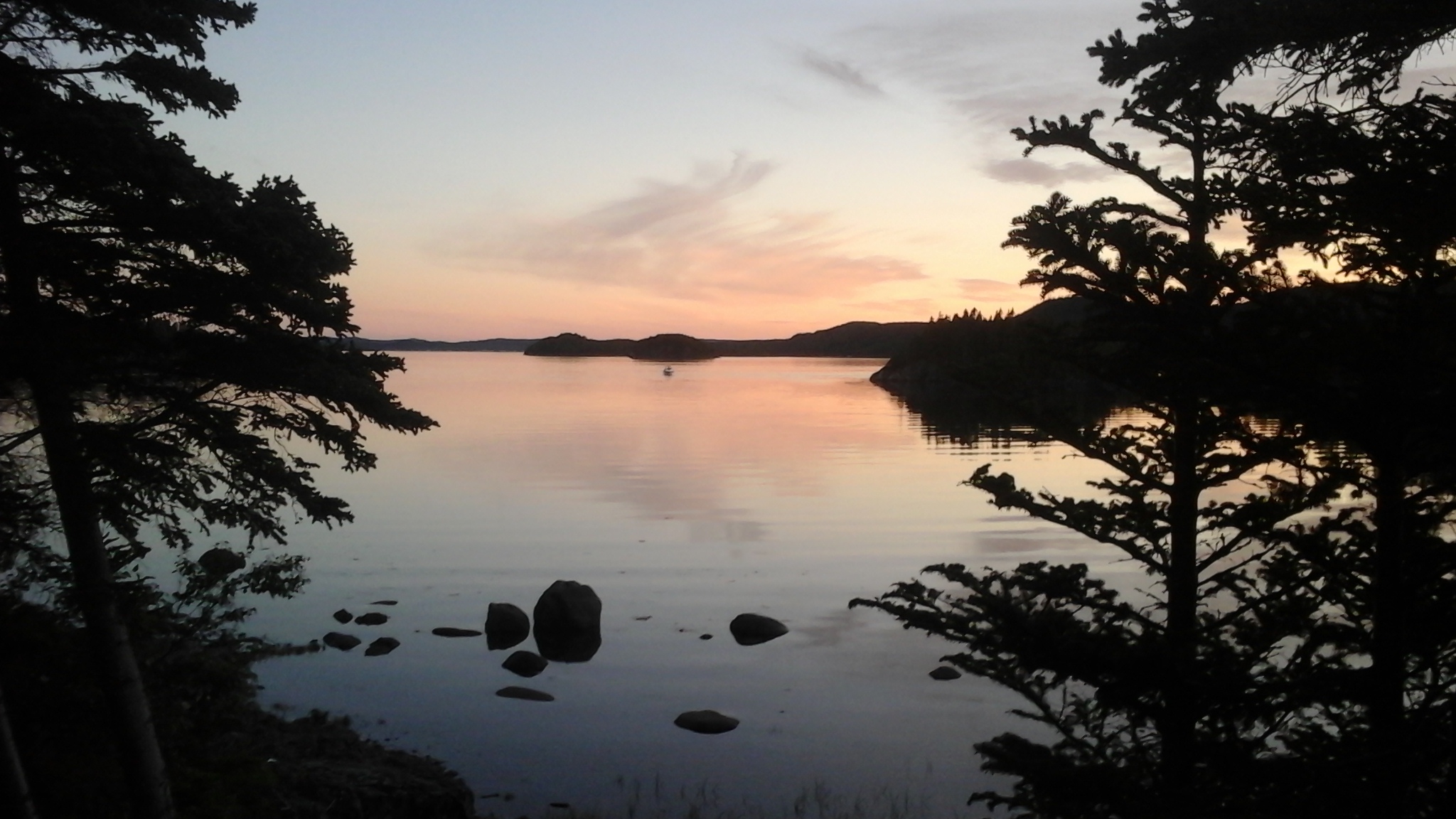( To gain fuller understanding of the text that follows a reading of the following Scriptures will be necessary)
Matthew 9:35 – 10: 1- 8
As you go, preach this message:” The Kingdom of
Heaven is near. Heal the sick, raise the dead,
cleanse those who have leprosy, drive out demons.
Freely you have received, freely give.”
Colossians 1:24 – 29 the glorious mystery, which is
Christ in you, the hope of glory.
It is a scene from His immediate environment that dictates to Jesus the need for immediate action.” When He saw the crowds, He had compassion on them, because they were harassed and helpless, like sheep without a shepherd.” (Matt.9:36). The action that follows is the naming and assigning of twelve men to that scene, as His disciples.
Jesus saw people; helpless people, adrift everywhere on a tormenting sea. There were some with gaunt expressions from trying too hard for too long, with no measurable results. He saw people on their way to sit with the dying, but who had little, or nothing to offer by way of the promise of immortality. Jesus saw the broken and the diseased who daily stormed the gates of the eternal city, with one persistent question, “Why?” Jesus saw disease and death stalking through the land like the legendary giant of the Philistines. It was written large on all their faces:” Who will slay our Goliath?” Everything that Jesus saw in that hour demands supra-human strength to address! Indeed, such malignant darkness requires a supernatural intervention.
Is it some angel of heavenly light and glory that is chosen to address this daunting crisis? No! Oh, amazing wonder, it is ordinary, and for the most part, ignorant men that Jesus selects for this mission. (Acts 4:13)
Who, from among the ranks of everyday people can ever imagine such a mission to be their destiny? The Old Testament Records document the reluctance of such men as Moses and Jonah, to ever consider such divine appointments. The Divine utterance,”Certainly, I will be with you,” provides some consolation; nonetheless, it leaves them still with lingering reservations.
We will never begin to understand the divine commission of Jesus, and the disciples ” going out” to face such unspeakable challenges until we are aware of the driving motive behind it all.
In the final analysis, the propulsive thrust behind this mission is the ‘ compassion’ of Jesus: “When He saw the crowds, He had compassion on them.” True, the disciples see the same scene as did Jesus. They see the misfortune of their fellow countrymen and women.They see their pain, their misery, and the sorrow afflicting them, and they do feel pity for them.
However, there is considerable difference between ‘ pity ‘ and
‘ compassion .’ Pity belongs more to the reality of our shared humanity. Each is a part of the human family, inhabitants together of this earth. ‘ Compassion’ belongs more to a consideration of our spiritual inheritance, and our cohabitation with God in our spirits. “In God, we live, and move, and have our being.” (Acts 17:28). What Jesus sees is more than cases of leprosy, mental illnesses. sorrow and loss. He sees God before He sees anyone or anything else. God holds each broken piece of humanity in His arms until they regain their true identity as Children of The Kingdom. This image is the epitomizing action of the Kingdom of God in the midst of the people.And that is the message Jesus instructs his disciples to deliver, thereby substantiating the actions they undertake. ” As you go,” He instructs the disciples, ” Preach this message: ‘The Kingdom of Heaven is near.’ In the Presence of God, in God’s Kingdom, all brokenness affecting the human condition is removed. ( Rev. 21:4) ” He will wipe every tear from their eyes. There will be no more death or mourning or crying or pain , for the old order of things has passed away.”
Images of this world’s brokenness, sorrow, disease, and cruelty in Jesus’ experience ,are juxtaposed with pictures of a perfect resolution.
Alongside the image of some lonely grave where a loved one sleeps, Jesus sees a home of many mansions and the beloved walking beside the Crystal Sea.
But, Alas! For many today this is just a beautiful picture hanging on the wall of a history museum.The message of Pentecost removes the framework, permitting the inclusion of everyday people to receive the Spirit of Christ, as the earlier disciples did, in their preparation for service.The whole of the New Testament is a spiritual event, to recreate the world by the transforming presence of Jesus in human lives. St Paul summarizes the message in this way: ” God has chosen to make known among the Gentiles the glorious riches of this mystery, which is Christ in you, the hope of glory.” ( Colossians 1:27)
From the inestimable wealth of their Master’s spiritual treasures, Jesus’ followers are well-prepared to fulfill the formidable tasks He entrusts to them. And in the meantime demonstrate to the world, through their actions that the Kingdom of God is here. May this be the day, and this the hour when greater numbers of people will discover once more, the vision which God holds of this world.That vision will be fulfilled only by a willingness to appropriate the resources of heaven through Jesus Christ. Amen. So let it be!
“Our blest Redeemer, ere He breathed
His tender last farewell,
A Guide, a Comforter, bequeathed
With us to dwell.
He came in tongues of living flame
To teach, convince, subdue,
All powerful as the wind He came
As viewless too.
He came sweet influence to impart,
A gracious, willing Guest,
While He can find one humble heart
Wherein to rest.
And His that gentle voice we hear,
Soft as the breath of even,
That checks each fault, that calms each fear,
And speaks of Heav’n.
And every virtue we possess,
And every victory won,
And every thought of holiness,
Are His alone.
Spirit of purity and grace,
Our weakness, pitying, see:
O make our hearts Thy dwelling place
And worthier Thee.”
Prayer To Follow This Meditation
Father, of unspeakable mercy,
We praise You that You have not given up on Your Vision of making this world Your Kingdom like Heaven is. Even though the world in this hour is so twisted out of shape by suspicion and pettiness, Your love will not let us go. “Behold, I make all things new, and the old will pass away.” You keep telling us. Save us from giving up on ourselves, when You hold such strong determination to use ordinary people like us to be catalysts for the new day dawning. In Jesus Name we pray. Amen.
Footnotes
(1)Biblical references throughout this text are from the New International Translation of Scripture. NIV.+
(2) Harriet Auber, 1829 ” OUR BLEST REDEEMER, ERE HE
BREATHED” in Hymnary, The United
Church Of Canada.#162.

 Suggested Scripture Reading Micah 6: 6-8
Suggested Scripture Reading Micah 6: 6-8
